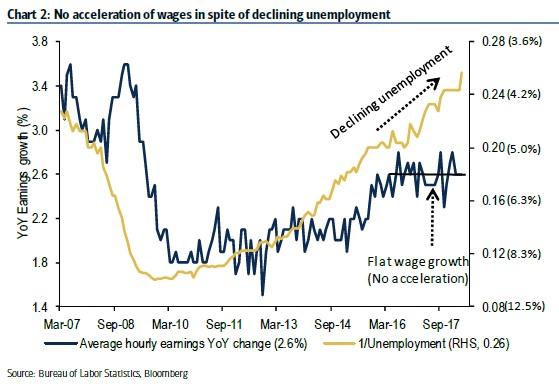
The author presents an enlightening analysis of a shortsighted failure whose convulsive effects are still with us.


Like the other upheavals across the colonial world, the May Fourth Movement marked a defining moment in the evolution of resistance to the imperialist world order. Instead, it is a story about an idea Wilson co-opted from Marxist leaders, self-determination, and how that idea reached people he never intended to reach, and inspired hopes he never intended to inspire. Moreover, despite the very generous idea behind Wilsonian. Wilsonian principles, he contends, laid the conceptual groundwork for the 20th century's nationalist revolutions yet Wilson's betrayal ensured that anti-imperialism would shift from a liberal internationalist ideology to a radical, anti-Western one. When, on, it emerged that Chinese hopes in the conference were to be disappointed, protests and strikes spread throughout the country. The Wilsonian Moment by Erez Manela is not about that story. The conceptual shifts in the meaning of self-determination and. The limiting points of the RG flows, the fixed points, then clearly define Euclidean quantum field theo- ries, to be precise, a particular class of them defined. Manela, an assistant professor of history at Harvard, offers a well-researched, if somewhat dry, survey of anticolonial politics during this fraught period. But the other Allies proved unsympathetic to self-determination in their colonial domains and Wilson backed off, provoking disillusioned nationalists from Egypt to Korea to stage uprisings and turn to Soviet communism for inspiration. who hoped he would champion their cause at the Paris Peace Conference. The failure of the Wilsonian moment in Japan forced Yanaihara out of Tokyo Imperial University but also strengthened his inclination towards liberal internationalism. Here he implies that although Wilson failed to convince America that collective security. One Indian leader hailed Wilson as another “Christ or Buddha,” and a Chinese academic called him the “number one good man in the world.” Wilson was bombarded by petitions from colonial nationalist leaders (including Ho Chi Minh). In his book, a diplomat and a political scientist, Henry Kissinger states that, It is above all to the drumbeat of Wilsonian idealism that American foreign policy has marched since his watershed presidency, and continues to march to this day 1.

Woodrow Wilson's 14 Points peace framework and his rhetoric of self-determination and equality of nations appeared to expectant Africans and Asians like a formula for their liberation from European colonial rule. At the close of WWI, America seemed the foe of Western imperialism, according to this probing historical study. Erez Manela - The Wilsonian Moment - Self-Determination and The International.


 0 kommentar(er)
0 kommentar(er)
